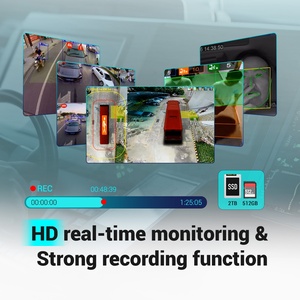Understanding Anger Intelligence
Anger intelligence, often referred to as emotional intelligence focused on the management of anger, is a vital skill that enables individuals to recognize and effectively manage their own and others' anger. It encompasses the ability to navigate heated emotions in various environments, whether personal or professional. By fostering anger intelligence, individuals can enhance their communication skills, improve personal relationships, and create a healthier atmosphere in the workplace.
Types of Anger Intelligence
- Self-Awareness:
- Recognizing personal triggers that lead to anger.
- Understanding emotional responses and their impact on behavior.
- Self-Regulation:
- Managing impulsive feelings and behaviors.
- Staying calm during confrontational situations.
- Social Skills:
- Effectively communicating during conflict resolution.
- Building rapport with others even in challenging interactions.
- Empathy:
- Understanding others' emotional states and perspectives.
- Reacting to others' anger in a constructive manner.
Applications of Anger Intelligence
- Workplace Environment:
- Aiding in conflict resolution among team members.
- Fostering a culture of open communication and feedback.
- Interpersonal Relationships:
- Enhancing understanding between partners and friends through effective communication.
- Reducing the frequency and intensity of disputes.
- Parenting:
- Teaching children to identify and manage their emotions.
- Creating a more harmonious home environment.
- Therapeutic Practices:
- Facilitating emotional healing and growth in therapy settings.
- Utilizing anger intelligence techniques in group therapy to enhance group dynamics.
Benefits of Developing Anger Intelligence
- Improved Relationships: By managing anger effectively, individuals can foster healthier interactions with others, enhancing both personal and professional connections.
- Enhanced Decision-Making: Calmness in handling anger equips individuals with better judgment during critical situations, resulting in more thoughtful outcomes.
- Reduced Stress Levels: Managing anger successfully can lead to lower stress levels, contributing to overall mental and emotional well-being.
- Greater Resilience: Developing anger intelligence helps individuals bounce back from conflicts more effectively, equipping them with coping strategies for future challenges.






















































